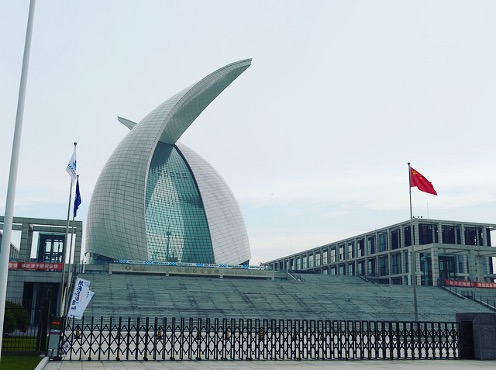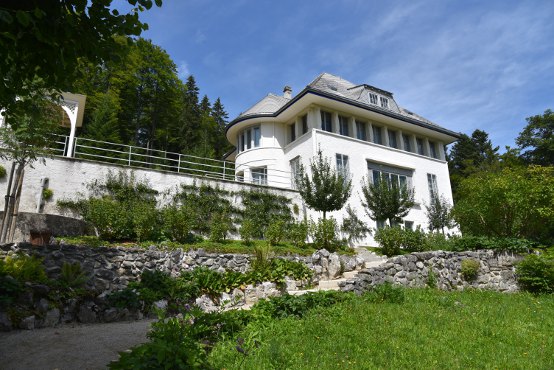Tagebuch

Lingang New City, Shanghai
2017, Photo: Veronica Beck

Neues Museum, Berlin
Outside view, 2017
Photo: Zhou Tianyu

Le Corbusier: Maison Blanche
La Chaux-de-Fonds, 1911
Photo: Wu Dingwen
Power and Representation
Contributions on the seminar held in Shanghai and Hamburg, summer 2017
A seminar on “Power and Representation” was held for advanced students from July 8 to July 22 in Shanghai and from August 19 through August 26 in Hamburg, a cooperation of the Institute of Art History of the University of Hamburg together with the Institute of Art History at the University of Bern in partnership with the College of Architecture and Urban Planning of Tongji University, Shanghai.
Bernd Nicolai, Professor of Art History and Director of the Division of Architecture History and Monument Preservation at the Institute of Art History at the University of Bern, gave a lecture on architecture in the age of globalization on Tuesday August 22nd at the Warburg-Haus, that is online.
Introduction
Konrad Winkler
Thanks to the Ruth and Arthur Scherbarth Foundation from Bern, our large group of students from China, Switzerland and Germany was able to go on a multi-national excursion together, sharing an intercultural experience. Under the guidance of Prof. Hu Wei of Shanghai Tongji University, Prof. Bernd Nicolai of Bern University, and Prof. Uwe Fleckner of Hamburg University, we discussed Power and Representation in the context of contrasting architectural landmarks and artworks. For most of us Europeans, it was the first time visiting China. This July we experienced such different cities as Shanghai with its foreign architectural influences, Nanjing with its important historical sites, and Beijing, which is China’s political center and home for a thriving contemporary art scene. And for the Chinese students visiting Europe in August, the architecture of Switzerland and Germany was an equally impressive experience, ranging from the classical buildings of Bern, over political Berlin, up to the historical views of Lübeck.
Here we collect three accounts, two of them translated from Chinese to English by participant Konrad Winkler, on very different subjects by participants of the program, which will be repeated on alternating subjects in the following years.